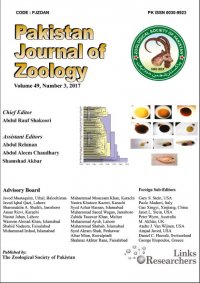Alantolactone Inhibits A2780 Cell Growth through Glycolysis Inhibition and Ros-Induced Apoptosis and Overcomes Cisplatin Resistance
Alantolactone Inhibits A2780 Cell Growth through Glycolysis Inhibition and Ros-Induced Apoptosis and Overcomes Cisplatin Resistance
Chenchen Liu1,2, Tong Wang1, Muhammad Khan3*, Xiaolin Cui2 and Yongming Li1,2*
ABSTRACT
Alantolactone (ALT) a biologically active sesquiterpene lactone compound has been shown to exhibit anticancer activity against a series of human cancers through multiple mechanism. However, the anticancer effects of ALT against ovarian cancer remains unknown. Here, we report that ALT inhibits growth and induces apoptosis in parental and cisplatin-resistant ovarian cancer cells. Growth inhibitory effects of ALT are evident from CCK-8, Edu, and colonogenic assays. The molecular mechanism associated with induction of apoptosis includes ROS generation, G2/M phase arrest and inhibition of aerobic glycolysis. Inhibition of glycolysis was found to be linked with down-regulation of lactate dehydrogenase A (LDHA) and glucose transporter-1 (GLUT1). Finally, ALT effectively suppressed growth and induced apoptosis in cisplatin resistant A2780/CR cells. Taken together, our findings suggest that ALT could be developed into a lead for effective treatment of ovarian cancer.
To share on other social networks, click on any share button. What are these?










